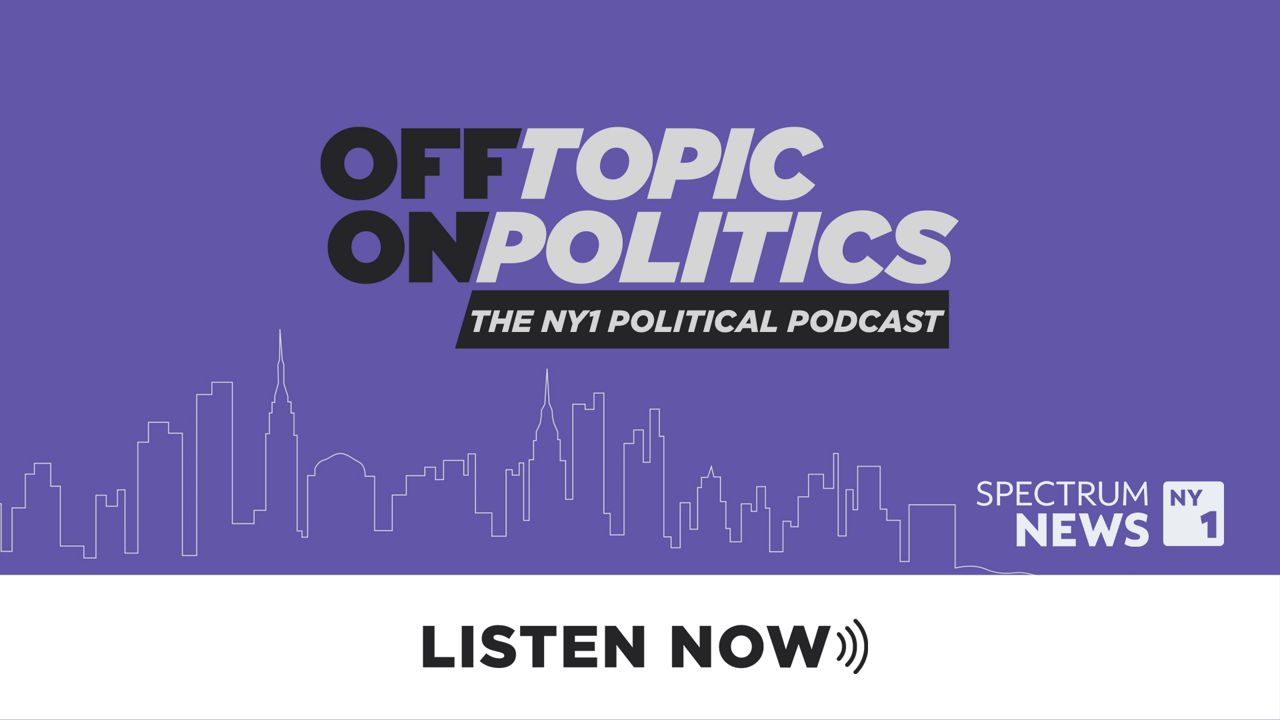Vulnerable populations are at the greatest risk as global wildfires continue to escalate, worsening air quality and posing serious health risks. These wildfires, driven by climate change and poor forest management, are leading to more smoke-related health issues. Groups such as the elderly and those with preexisting conditions are particularly vulnerable to the short-term and long-term effects of smoke.
Wildfire smoke not only affects immediate areas but also contributes to the overall air pollution burden, even reaching remote locations and hindering progress towards clean air goals. According to Fay Johnston, a professor at the University of Tasmania in Australia, the impacts of wildfires go beyond just deaths and heart attacks, with many more people needing medical attention, missing work or experiencing symptoms.
The increasing frequency and intensity of wildfires are leading to more severe air pollution, exacerbating respiratory and cardiovascular diseases, and impacting large populations including vulnerable communities. It is crucial to address the root causes of these wildfires and work towards mitigating their effects on air quality and public health. Carlos Gould discusses this relationship in more detail, emphasizing its importance for our health.



